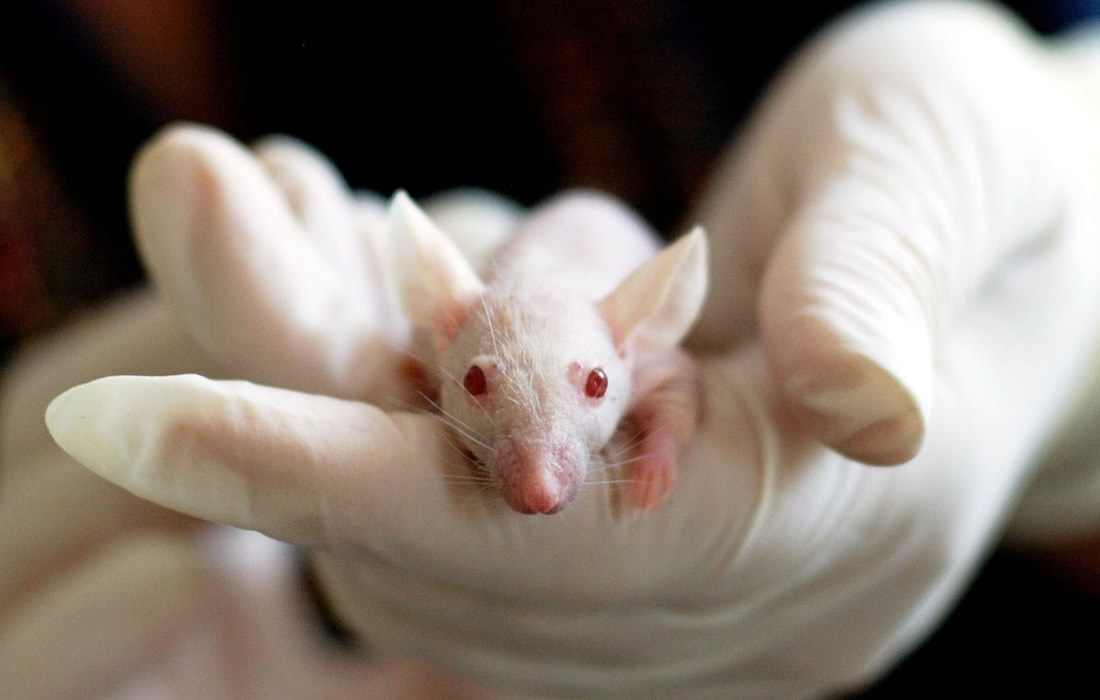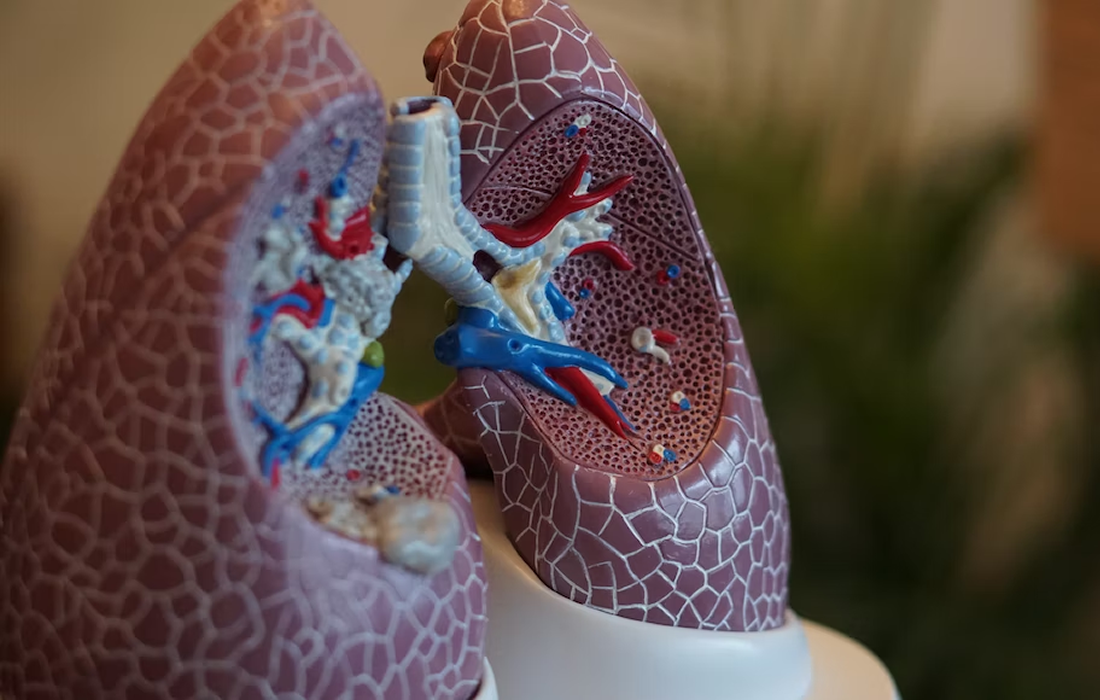A University of Massachusetts Amherst nutrition scientist who has spent his career studying breast milk has demonstrated how beneficial microbes in the gut of infants use nitrogen from human milk to support pediatric nutrition and development. “The molecules in breast milk not only feed the baby but also feed the baby’s microbiome,” says David Sela, […]
Category Archives: Regenerative Medicine News and General Information
Johns Hopkins Medicine researchers have discovered an immune cell in the intestine that affects the gut microbiome, which can impact brain functions associated with depression. Published in Nature Immunology, the study found that targeting these immune cells with medication or therapy may be possible to develop new treatments for depression. “The results of our study […]
Mpox — previously known as “monkeypox” — is currently spreading worldwide. An international research team from Goethe University and the University of Kent has now identified a compound that could help fight the disease. Their study has been published in the Journal of Medical Virology. Nitroxoline is the name of the new drug candidate that […]
A new study pinpointed key Hox genes, specific to each location in the body, as the controllers of stem cells involved in both forming and repairing bone. HOX proteins act like the body’s “zip code,” specifying the position of limbs in the fetus by encoding instructions for transcription factors, which attach to DNA and influence […]
In humanity’s ongoing quest for the elixir of life, science keeps pointing to stem cells. Research increasingly shows that maintaining stem cell fitness promotes a long healthspan, and new findings show keeping stem cells clean and tidy is an integral step. In a study published March 21, 2023 in Cell Stem Cell, researchers at University […]
There is a relative increase of 20% to 30% in breast cancer risk associated with both combined and progesterone-only contraceptives, whatever the mode of delivery, though with five years of use, the 15-year absolute excess incidence is at most 265 cases per 100,000 users. The results appear in a new study publishing March 21 in […]
Changes in the brain caused by Alzheimer’s disease are associated with shortening of the telomeres — the protective caps on the ends of chromosomes that shorten as cells age — according to a new study led by Anya Topiwala of Oxford Population Health, part of the University of Oxford, UK, published March 22 in the […]
Fever is known to help power up our immune cells, and scientists in Shanghai have new evidence explaining how. They found in mice that fever alters surface proteins on immune cells like lymphocytes to make them better able to travel via blood vessels to reach the site of infection. Chen and colleagues discovered that fever […]
As of 2020, more than 474,000 people around the world have leukemia — a cancer of the blood. Of the two main types of leukemia, acute leukemia is the most aggressive causing cells to multiply very rapidly in the blood and blood marrow. Although there are treatments for acute leukemia, survival rates depend on a […]
Cancer treatments have long been moving toward personalization — finding the right drugs that work for a patient’s unique tumor, based on specific genetic and molecular patterns. Many of these targeted therapies are highly effective, but aren’t available for all cancers, including non-small cell lung cancers (NSCLCs) that have an LKB1 genetic mutation. A new […]










